Here’s a fun piece that succinctly illustrates the tricky nature of the agave spirits appellation system in Mexico today. The article is about how ex-Mariners great Edgar Martinez invested in a mezcal named El Zacatecano (after where it’s made, the Mexican state of Zacatecas.) We haven’t tried it yet but Martinez says he made it to be a tequila by using blue agave as the fruit and above-ground steam ovens to cook it. But, since Zacatecas is outside of the Denominacion de Origen (DO) of tequila but within the DO of mezcal, it’s sold as a mezcal.
It’s a frustrating example of how the business of agave spirits is outstripping the regulatory system and causing all sorts of problems up and, mostly, down the production line.
Mexico’s way of defining a tequila and mezcal is riddled with all sorts of financially and politically determined boundaries. While mezcal historically means agave distillates and is still the umbrella term for them, tequila managed to carve out its own identity based on the type of agave that goes into it, blue agave; the process, above ground steam cooking; and the location, primarily Jalisco state. The definition of a tequila has changed over the years as growers and distillers have argued that their geographical area should be included in the appellation. The same term applies to many distinctive culinary products as varied as Parmaggiano cheese from Parma, Italy and Jamon Iberico from Spain. The problem that El Zacatecano succinctly illustrates is that there are plenty of people who want to make tequila but are prohibited from using the term not matter how similar their product. On the flip side, there are plenty of mezcals that are already shut out of the government-defined DO and the government appears to be trying to even more tightly define those boundaries.
Normally, definition is a good thing. It brings precision to a conversation so that we know that we’re talking about the same thing. Chianti is different from Cotes du Rhone, Armagnac is different from Cognac, Prosciutto di Parma is different from San Danielle. The terms recognize a particular flavor and expression of a unique culinary culture while also bringing standardization to the marketplace. As a consumer, I know what to expect from each one; and producers don’t have to constantly tell a new story to the marketplace and get a consistent market for their products.
In Mexico, the protean definition of what’s what is still very much in motion and, as with everything, money and political power seem to have an outsize role. The wine industry has managed to grow its way out of the same problem. Classic European appellations like Chianti begat wines that stripped the appellation but successfully re-branded themselves Super Tuscans whose success partially contributed to the success of Sangiovese as a brand unto itself. Wine journalists busily chart the evolution of all of these emerging markets whether it’s an appellation just up the Rhone Valley that can’t be called a Châteauneuf-du-Pape but is made from the same grapes, tastes just as good and is half the price or is the hot new wine growing area in California. It’s a constant preoccupation that hasn’t always been consumer friendly and definitely creates a class system but at least good wine gets to market and gets a chance to tell its story.
Unfortunately agave distillates in Mexico haven’t been so lucky. The combination of tequila’s overwhelming brand preoccupation, an undeveloped appreciation of agave spirits globally, a quiescent if not collaborationist government and a concentration of wealthy owners dominate the legal definition of what gets grown, how it’s labeled or whether agaves even get distilled. It’s incredibly frustrating to see a national patrimony, huge source of employment, fantastic tasting product and an industry with amazing economic and cultural potential be sabotaged by narrow interests hell bent on restricting profit to a small group of people.
What to do? We, and everyone else in the world of agave distillates, talk about this all the time. Everyone agrees that standards need to exist because the definition they bring to the marketplace serve everyone, it’s a question of how to draw the lines and describe them while ensuring that they don’t become exclusionary. I bet most people agree that a common certification process for mezcal that guarantees what goes into it, alcohol levels and production processes would be a good thing. The problem is the one-size-fits-all approach that COMERCAM, the Mexican governmental agency that regulates naming and how agave distillates can be created, is taking. If it insists on a single standard for all producers without any nuance or support for small producers that step could single handedly destroy a hunk of national patrimony and economic potential while depriving the world of some of the most amazing drinks out there.

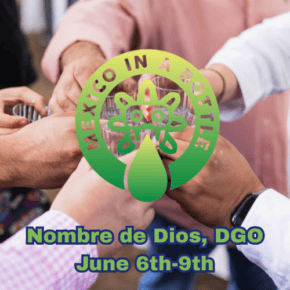
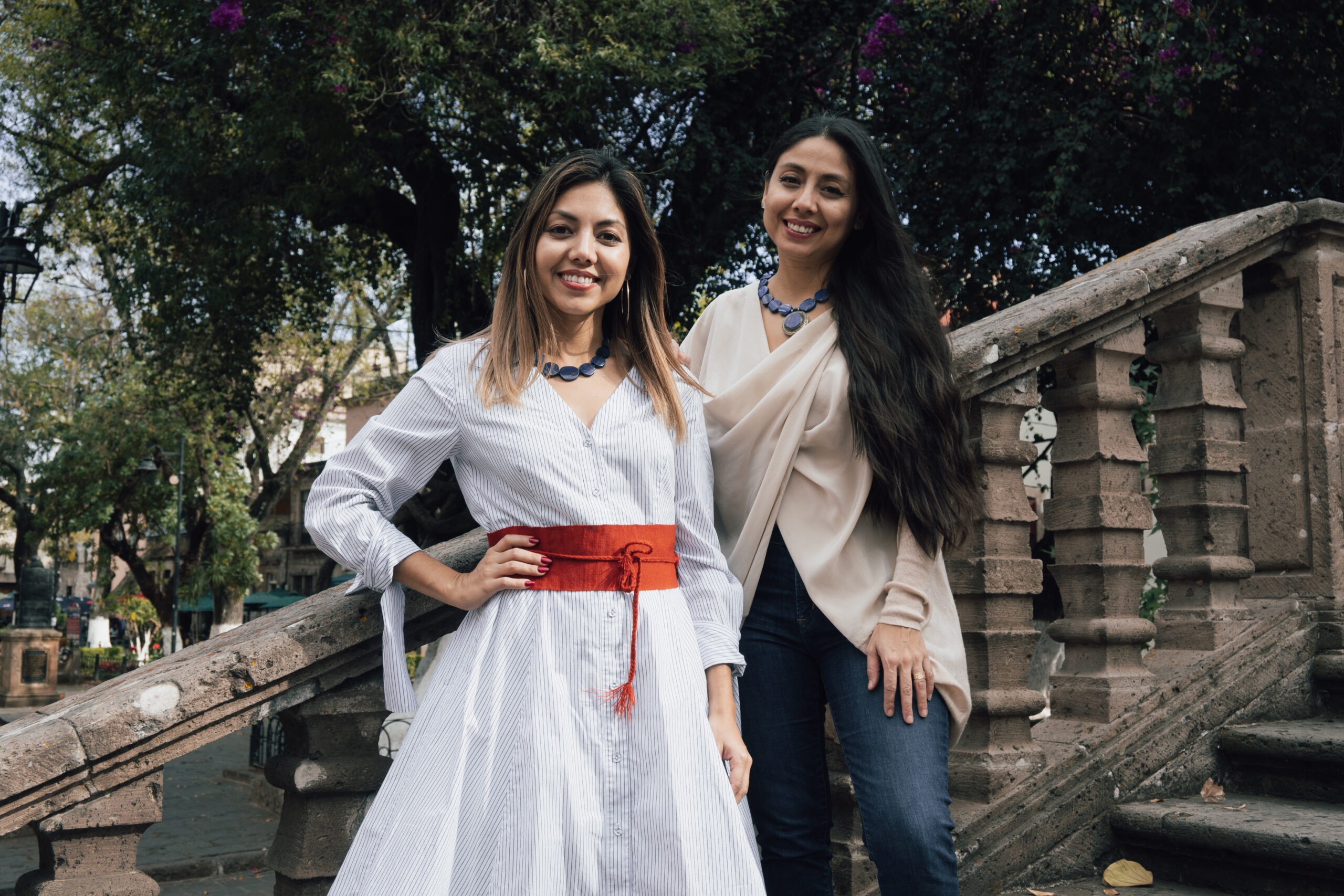
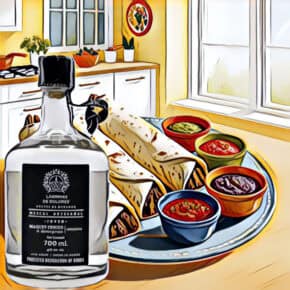
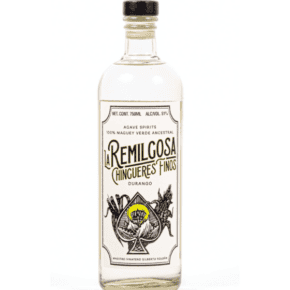
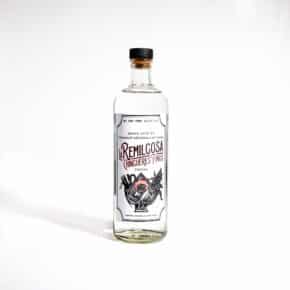
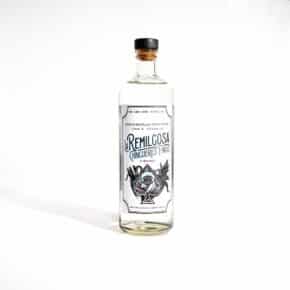






Leave a Comment